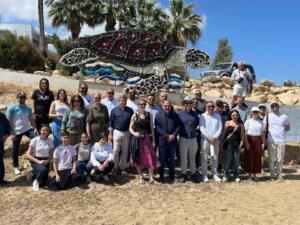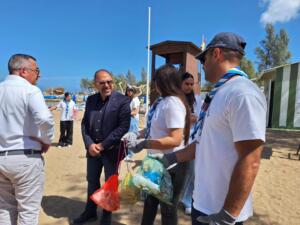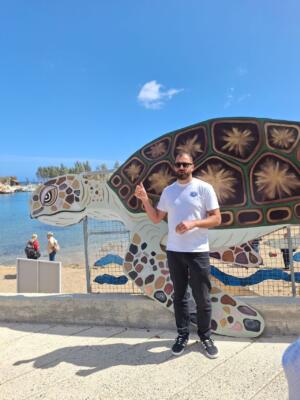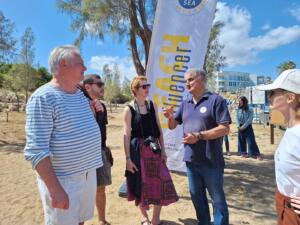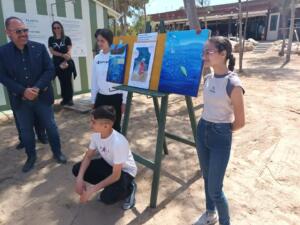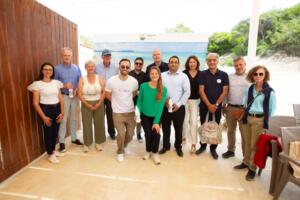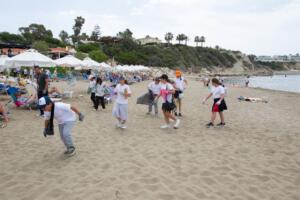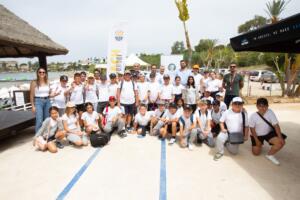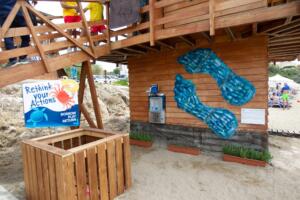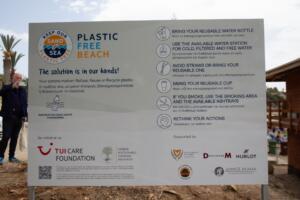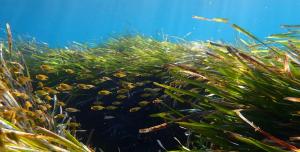
Grants
Sustainable Waste Management
Empowering Plastic Free Beaches in Cyprus
€17,000 awarded
Project duration: 01/2025 – 12/2025
Status: ON-GOING
*This project is supported by Depeche Mode and Hublot through the Memento Mori Tour charity partnership!

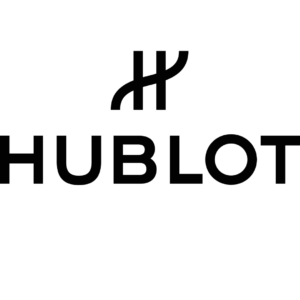
The Challenge
Plastics make up 95% of sea and beach waste across the Mediterranean1. The plastic pollution on Cyprus’s beaches and coastal areas is a growing environmental challenge, as around 80% of rubbish collected on beaches comprise of plastics, a major contributor to marine pollution, harming wildlife and ecosystems. The UN Environment places ocean plastics among the 6 most serious environmental emergencies causing multiple problems to wildlife and humans through ingestion and leaching of chemicals from plastic products 2. Local authorities have a lot of work to implement in the waste management as the per capita generation of municipal solid waste in 2020 reached 609 kg in Cyprus3, one of the highest in the EU. Additionally, during the summer period the waste increases by 40% due to tourists4. It is a fact that the top waste items that are collected from beaches are plastics and more specifically, single use plastic items5. Overcapacity, ignorance of the beach users and laws not being enforced are the main causes of these issues. These data highlight the need for action to reduce plastic waste. The beach visitors – locals and tourists, need to be educated and made aware of the burning issue of plastic pollution.
- UNEP (2022), Pollution in the Mediterranean, Available at: https://www.unep.org/unepmap/resources/factsheets/pollution https://www.unep.org/unepmap/resources/factsheets/pollution
- Thompson et al. (2009), Plastics, the environment and human health: current consensus and future trends.
- Eurostat (2022), Municipal waste statistics. Available at: https://ec.europa.eu/eurostat/statistics-explained/index.php?title=Municipal_waste_statistics
- WWF (2018), Out of the plastic trap
- Anna Maria Addamo, Perrine Laroche, Georg Hanke, Top Marine Beach Litter Items in Europe, EUR 29249 EN, Publications Office of the European Union, Luxembourg, 2017, ISBN 978-92-79-87711-7, doi:10.2760/496717, JRC108181
The Solution
The “Empowering Plastic Free Beaches in Cyprus” initiative expands the successful “Plastic Free Beach” concept, implemented by the Cyprus Sustainable Tourism Initiative (CSTI) and the TUI Care Foundation, a model of sustainable development that unites local stakeholders for environmental protection, economic growth, and community well-being. By creating new Plastic Free Beaches, raising awareness, and hosting educational events, the project reduces plastic pollution and promotes sustainability. Through collaboration with local communities, businesses, and influencers, it offers practical solutions that benefit both the environment and the economy. This initiative contributes to the UN’s Sustainable Development Goals and fosters long-term environmental stewardship across Cyprus.
Project’s Deliverables
- Creating a Plastic Free Beach: A public beach in Akamas, Cyprus was selected to be transformed into a new Plastic Free Beach through infrastructure installation and informative signage. A contract will be signed with the local authorities to ensure the maintenance of the installed facilities and the timely replacement of water filters.
- Awareness Campaigns and Community Engagement: Two major summer events will be held—one at the new Plastic Free Beach and one at an existing Plastic Free Beach—featuring beach clean-ups, competitions, and environmental education activities while 200 reusable water bottles (100 in each event) will be distributed to encourage participants to avoid single-use plastics.
- Influencer Collaborations and Social Media Campaigns: The project will partner with 2 influencers to amplify the message of reducing plastic waste and promote the Plastic Free Beach network. Furthermore, a dedicated social media campaign will raise awareness with at least 20 social media posts and encourage broader participation in environmental sustainability efforts.
- Collaboration with Local Stakeholders: Partnerships will be established with local businesses, schools, NGOs, and government entities to maximize impact and ensure the sustainability of the project. At least 5 local businesses will be encouraged to reduce single-use plastics and adopt environmentally friendly alternatives.
- Monitoring and Evaluation: The project will monitor progress by tracking reductions in single-use plastic waste and beach pollution at the new and existing Plastic Free Beaches. Feedback from stakeholders, beach users, and the community will help assess the effectiveness of educational campaigns and community involvement efforts.
Project updates
- Beach clean-up at Coral Beach in collaboration with TLC Private School of Pafos, which has officially adopted the beach.
- Beach clean-up at Ayia Triada, the first Plastic Free Beach of the network, as part of a Press Trip, with eight journalists from seven European countries who visited Cyprus in Spring 2025.
- Official launch of the 1st Plastic Free Beach in Akamas Municipality, at Coral Bay Beach.
A bit about the organization
Cyprus Sustainable Tourism Initiative (CSTI) aims to contribute to sustainable tourism development in Cyprus that conserves the environment, supports the local economy & promotes local culture. CSTI has developed several projects to demonstrate the benefits of sustainable tourism to the environment, the society & the economy, to promote local culture & to develop close links between local suppliers & hoteliers/operators, & also to educate & inform the public regarding sustainability issues. CSTI has gained tremendous experience through its projects in tourism. It has introduced sustainable practices, provided training & support to hotels, local enterprises & producers and developing an extensive network with all the stakeholders in the tourism industry. Through its projects, CSTI has developed manuals & training sessions addressed to the stakeholders of the tourism industry. All the manuals were supported by workshops & in-house presentations for the HORECA professionals to gain a better understanding on sustainability matters in their business. CSTI has organized Awareness Campaigns related to waste reduction, saving water & energy, recycling & reduction of single use plastics. CSTI co-organized an International Conference “Waste Management in the Hotel Industry” with great success. CSTI has the expertise to carry out the proposed project related to Sustainable Waste Management and Biodiversity Conservation.

